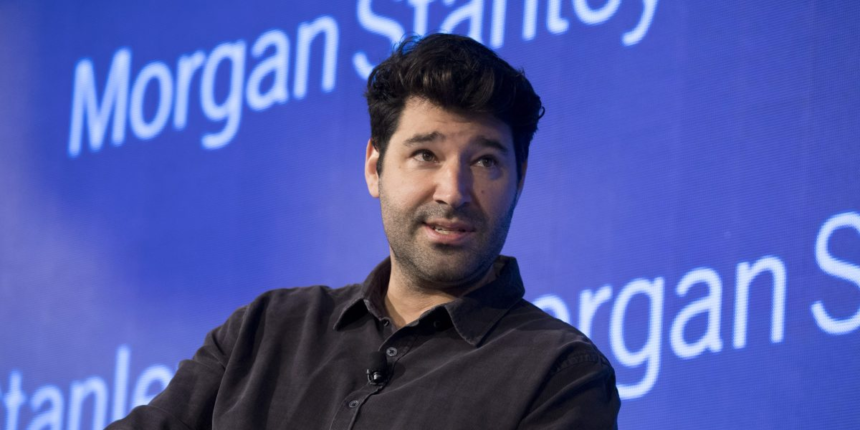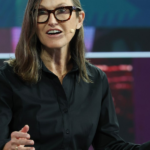Obrecht said Canva is increasingly looking for “AI natives” when hiring new staffers and is benefiting from university dropouts when it comes to engineering talent.
“We are looking to actually hire second- to fourth-year university graduates because they are AI natives,” Obrecht said in an interview at Viva Technology in Paris.
“Hiring a lot of junior people who are native at building agentic workflows and picking up AI first is just a different way of thinking about building products,” he added. “We are actually getting a lot of value from bringing in those university dropouts.”
Obrecht said most organizations are currently trying to upskill engineers on AI coding tools in hopes of productivity gains, but he was looking to hire less experienced talent who have a stronger grasp of the current AI tools on offer.
“They’re really good hires, especially when you add them to a nontechnical team and upskill the rest of the organization. They’re AI natives and become evangelists in the organization and really help drive that mindset shift,” he said.
The discourse around AI-fueled job losses, particularly concerning entry-level work, has been heating up recently and has created somewhat of a divide in the tech industry.
“An AI native has got a deep understanding of the AI tools in their tool belt,” he said. “And they’re constantly at the forefront of creating agents, chaining multiple complex AI workflows together—maybe from different products and providers—to create unified experiences. They have a goal in mind, and that goal isn’t just delivered through single AIs. It’s connected to a bunch of different things.”
Obrecht sees AI natives as “curiosity-focused” rather than confined to one certain generation.
“You can be a hungry, curious person who sees this brand-new technology changing our world, and be someone who’s like, ‘I want to learn everything I can about this part of this.’ That curiosity is the key attribute that leads to someone being successful in companies now,” he said.









